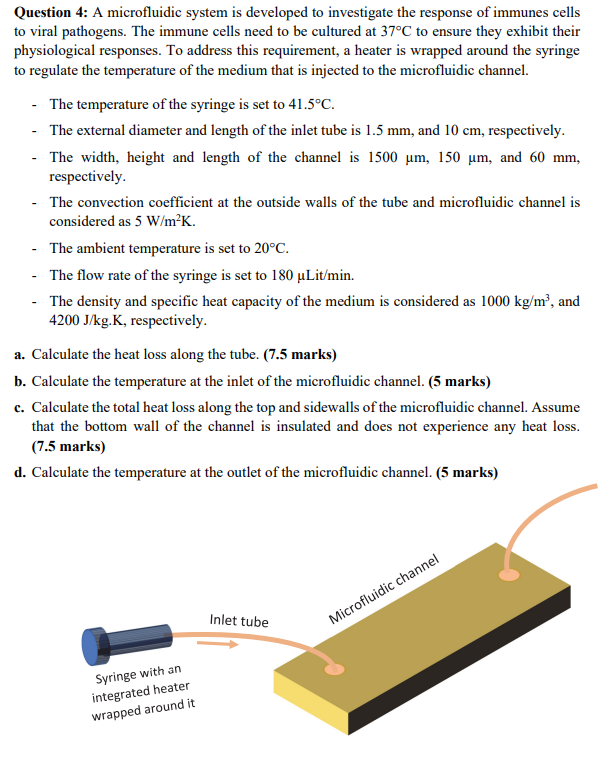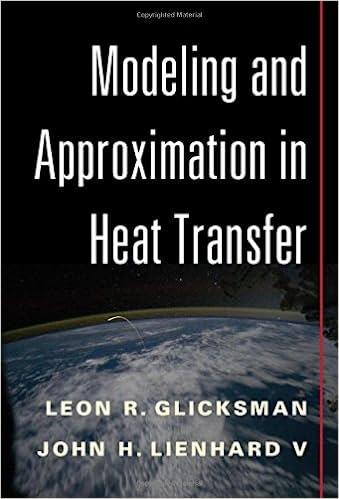Answered step by step
Verified Expert Solution
Question
1 Approved Answer
A microfluidic system is developed to investigate the response of immunes cells to viral pathogens. The immune cells need to be cultured at 37C to
A microfluidic system is developed to investigate the response of immunes cells to viral pathogens. The immune cells need to be cultured at 37C to ensure they exhibit their physiological responses. To address this requirement, a heater is wrapped around the syringe to regulate the temperature of the medium that is injected to the microfluidic channel.
Step by Step Solution
There are 3 Steps involved in it
Step: 1

Get Instant Access to Expert-Tailored Solutions
See step-by-step solutions with expert insights and AI powered tools for academic success
Step: 2

Step: 3

Ace Your Homework with AI
Get the answers you need in no time with our AI-driven, step-by-step assistance
Get Started


